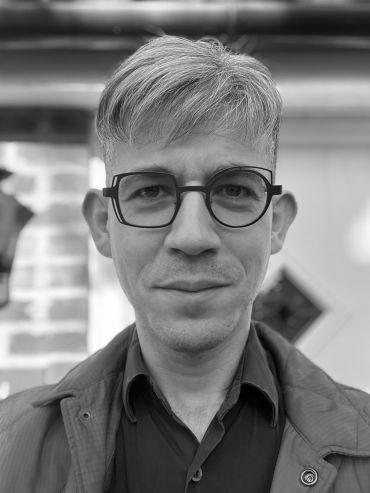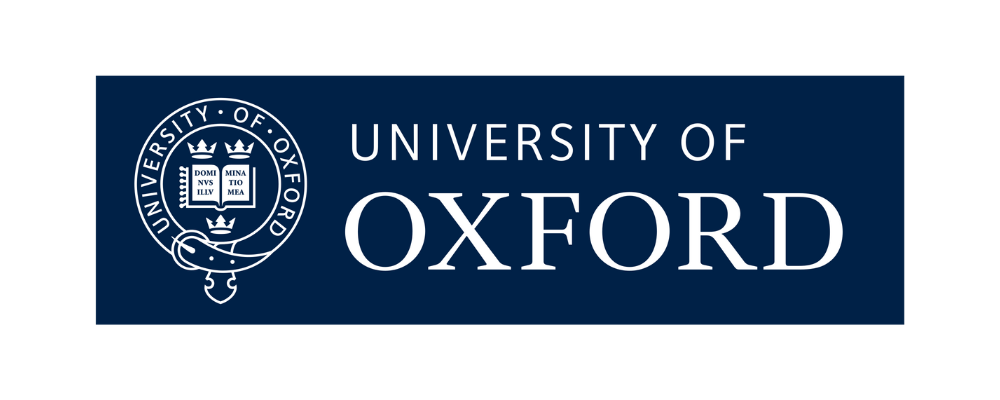In an age when political leaders chase opinion polls and CEOs worship at the altar of quarterly earnings, a white-robed elderly man exists as an anomaly on the world stage. Elected not by the masses but by a college of cardinals, he answers neither to voters nor to markets but to a higher authority. The pope is spiritual leader to 1.3 billion Catholics, yet he is also somehow more than that.
The pope… personifies an ideal of moral leadership based on something more than individual whim. Even when particular popes have failed morally or exercised poor judgment – as they have certainly done often – the papal office has survived.
Dr Miles Pattenden, Faculty of History
The pope is a moral and spiritual leader for all humanity – and we would have to invent him if he were not already with us.
He presides over an institution that has outlasted empires, survived reformations, and adapted through centuries while claiming to represent timeless truths (oh, the irony).
Let’s be frank: the papacy is steeped in preternatural paradox. The pope claims direct succession from St. Peter, Jesus’s first apostle (although he is clearly nothing like him). He is a living hotline to the divine if you believe Catholic teachings, an anachronistic relic if you don’t.
The pope should mean something to you, even if you roll your eyes at the mention of his name. He gives voice to a morality unfettered by the constraints of our fractured, frenetic world of perpetual hot takes and viral outrage. That matters.
Philosophers are all too often our “go to” these days for abstract ethical frameworks. Yet their brilliant moral theories mostly go nowhere. They lack institutional platforms or the symbolic heft needed to translate their ideas into widespread practice.
The pope, on the other hand, embodies a unique synthesis of intellectual authority and pastoral action. No philosophical paper can hope to match the visceral impact of Pope Francis washing prisoners’ feet or tenderly embracing a man disfigured with neurofibromatosis.
The pope’s words carry the weight of the Church, a social network even bigger than Facebook. They summarise collective conscience in an age sceptical of moral absolutes. Our own relativistic times see truth itself as negotiable. Popes have stood as bulwarks against the notion that ethical positions are mere subjective preference.
 Dr Miles Pattenden
Dr Miles Pattenden
Sceptics might reasonably ask: are papal pronouncements not merely beautiful platitudes? When a pope calls for radical economic reform or environmental stewardship, isn’t he articulating an impossibly utopian vision? Yes, for the most part, he is. But his idealism nevertheless serves an essential function.
By articulating moral horizons beyond our immediate reach, popes remind us that pragmatic compromises are not ultimate goods or goals. Their “unrealistic” proclamations keep us honest about the distance between what is and what ought to be.
The value of papal model becomes apparent when contrasted with divisive figures like Donald Trump. While Trump has cultivated a personality cult, his approach prioritises division over unity, personal loyalty over institutional integrity, and immediate political advantage over enduring values. His pronouncements shift with political expediency rather than emerging from consistent ethical principles.
The pope, by contrast, personifies an ideal of moral leadership based on something more than individual whim. Even when particular popes have failed morally or exercised poor judgment – as they have certainly done often – the papal office has survived.
Critics will rightly point to the Church’s catastrophic failures: sexual abuse scandals, censorship, persecution of dissenters, and more. Such critiques are legitimate and highlight the gap between popes’ lofty ideals and their earthly execution of them. Yet paradoxically, such failures underscore why humanity needs moral authorities who articulate standards higher than any of us can achieve. The pope proclaims what ought to be, even when reality falls woefully short.
The papal tradition to think long term, not in news cycles, is, ironically, not that old. Popes have only really thought this way since Leo XIII at the end of the 19th century (who now remembers Pius IX’s embarrassing Syllabus of Errors?). Yet popes have an advantage over their spiritual competitors in their pursuit of this modern mission.
The pope’s global reach is unparalleled and his ideology commands him to speak not for his community but for common humanity. After all, Catholic means “universal”. He is invested in everyone.
The point of the pope, then, extends far beyond Catholic doctrine. He stands as a counterpoint to materialism, short-termism, and moral relativism. He represents the argument that some truths transcend cultures and epochs. His imperatives, even when seemingly impossible to implement fully, establish necessary ethical parameters.
We need not accept Catholic theology to recognise the value of such a voice. The pope cries in our wildernesses of expediency and self-interest.
“The University of Oxford is a collegiate research university in Oxford, England. There is evidence of teaching as early as 1096, making it the oldest university in the English-speaking world and the world’s second-oldest university in continuous operation.”
Please visit the firm link to site


